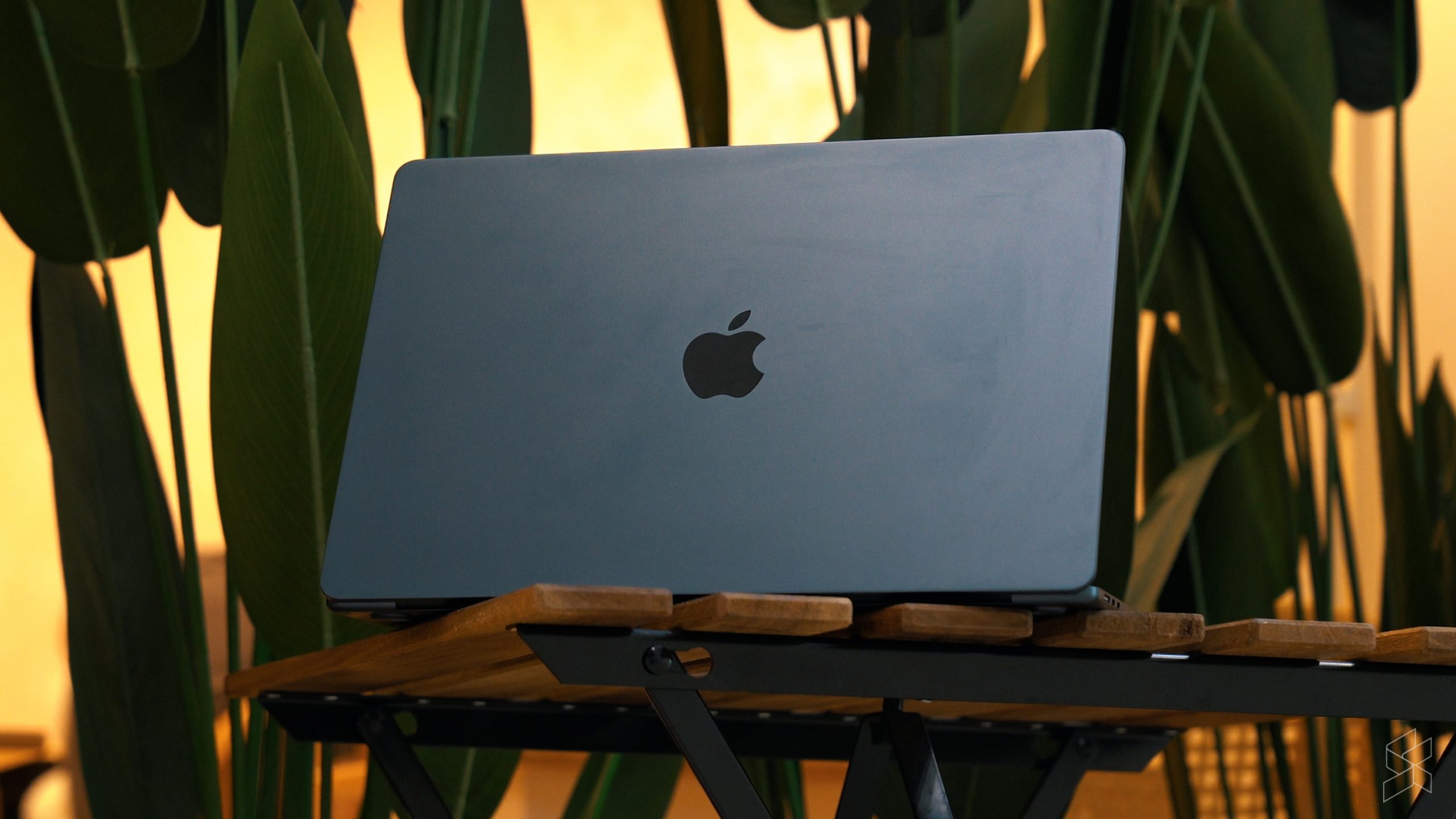So a couple of months ago I swapped over to the M3 Pro-powered MacBook Pro, and I really liked that machine. I had no real need for such performance of course—I mean we have videographers who arguably would make better use of it, but that doesn’t mean I can’t enjoy it, right?
Well unfortunately the overlords above me—read: my boss—ultimately decided that no mere mortal should have that much power, and so i was forced to let it go. But it wasn’t all that bad because while I gave up some CPU performance, I gained a full extra inch.
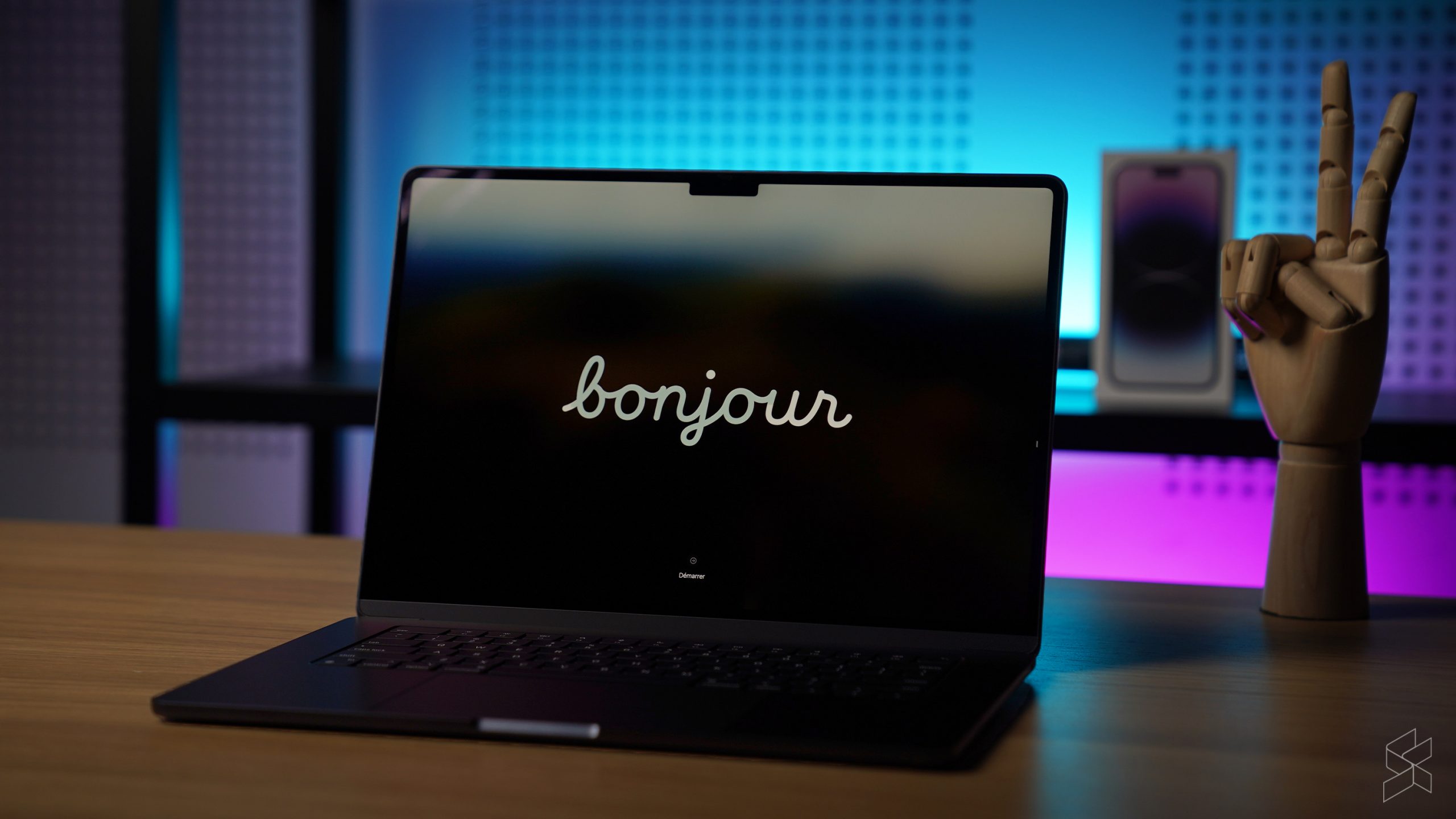
…in screen size I mean.
Is bigger always better?
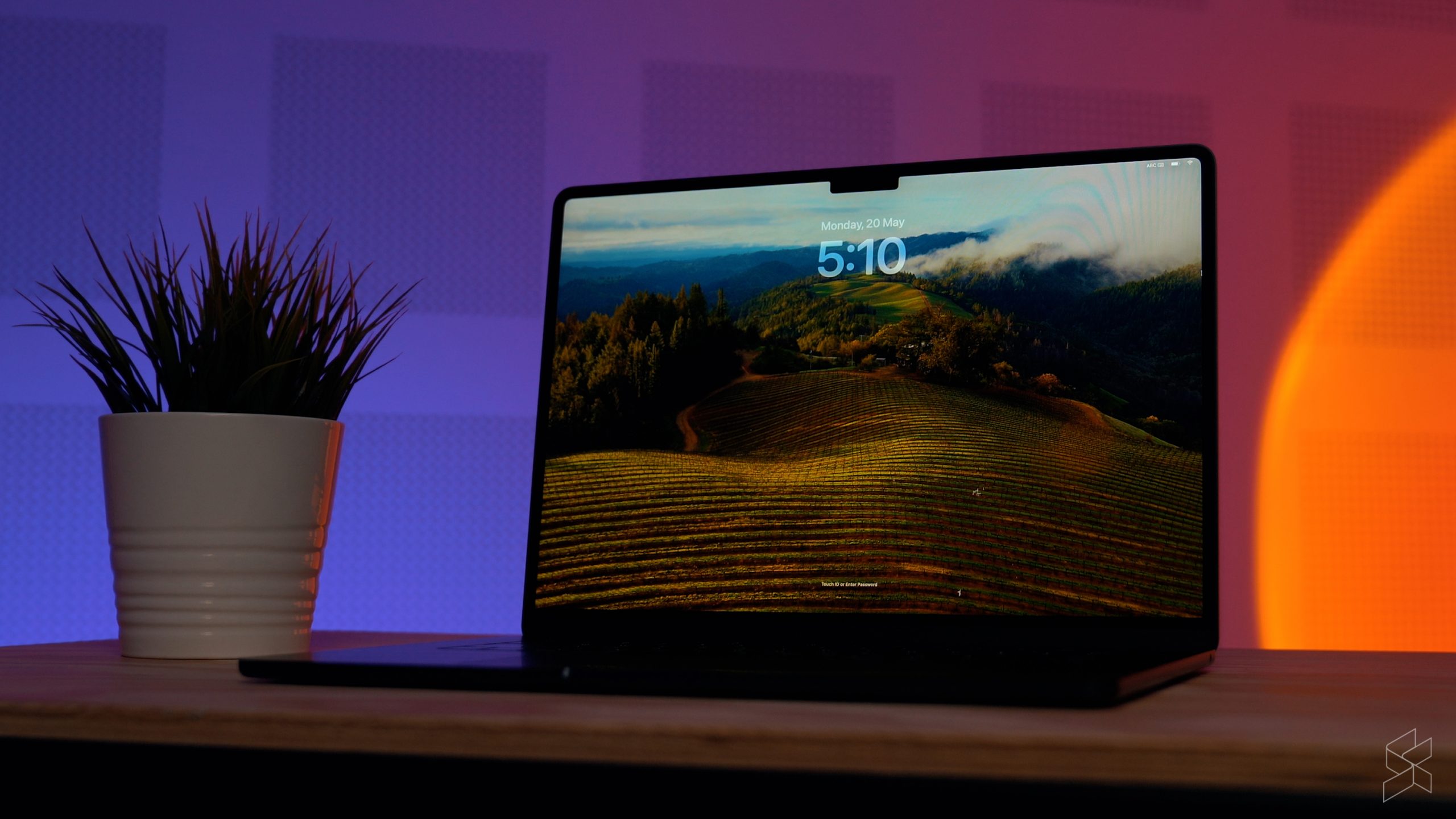
Okay so its not often a review starts by stating that I’m actually downgrading from one product to another but I just want to first add that prior to that MacBook Pro that I had for a couple of months, I was actually daily driving the 13-inch Macbook Air M2, and apart from the times that I was reviewing other laptops, for over a year I basically used the smaller and more iconic 13-inch laptop so most of what I say will be in comparison to my time with the smaller MacBook Air.
And I gotta say, I am loving the bigger display. There are certainly some tradeoffs that you make going from a 13 or 14 inch laptop to the 15-inch class, and I’ll get to those in a minute but this is still a gorgeous display on the larger MacBook Air.
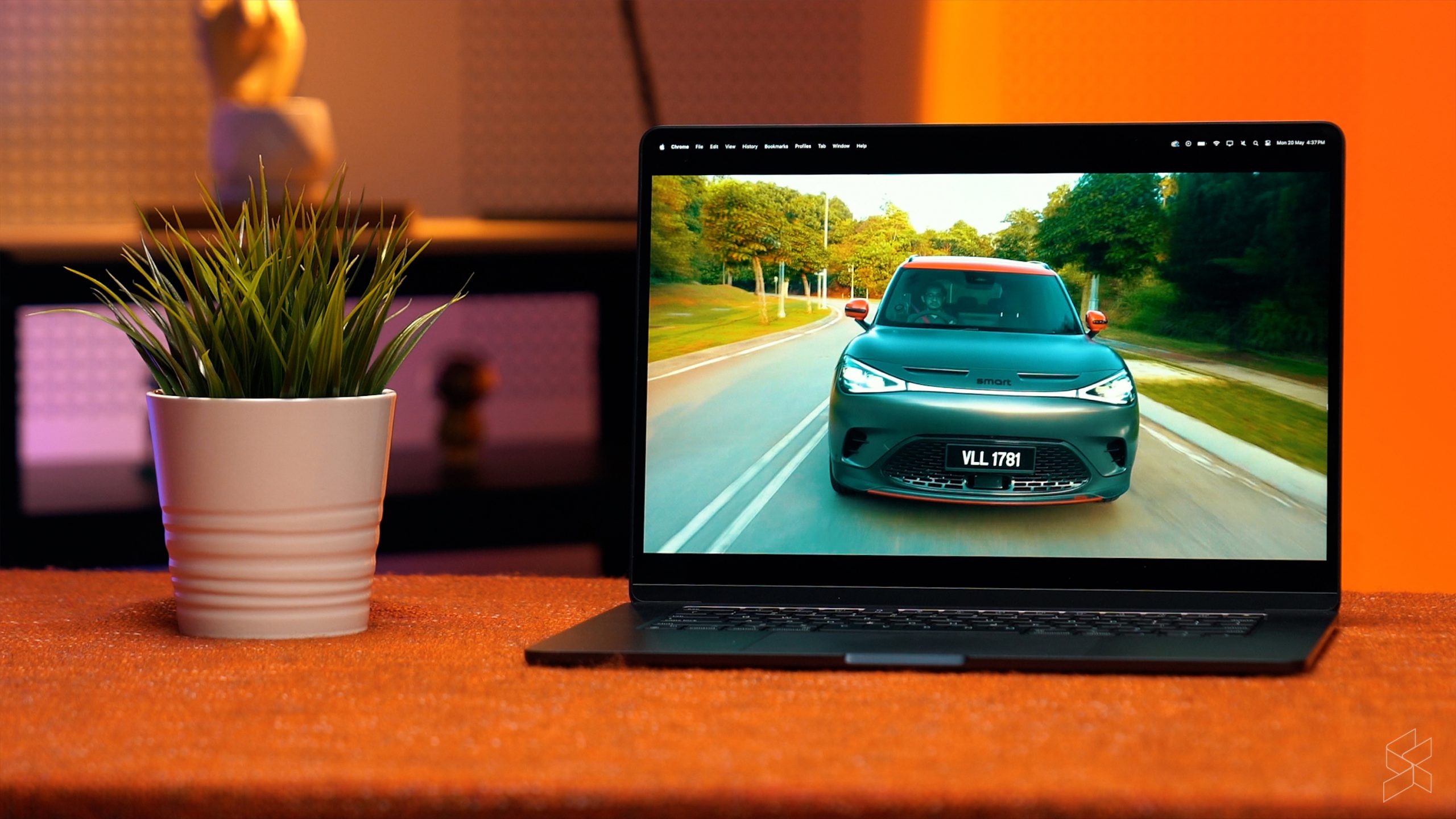
So here are some of the specifics. We’re looking at a 15.3-inch Liquid Retina display pushing a 2880 by 1864p resolution with a peak brightness of 500nits. And as expected with a modern MacBook, even though it’s still technically just an IPS panel, it gets bright enough that even though I’ve had my fair share of OLED laptops over the years the MacBook Air’s display still holds up just as well. And unless you’ve been exclusively staring at just OLED screens only, you won’t really notice that oh, the blacks are a tiny bit not as black as an OLED panel.
But perhaps the best part about moving to the larger display is that watching content on it is simply sublime. You really do get a better sense of immersion with whatever you’re watching, especially if it’s an atmospheric scene in a movie. It gets even better in fact thanks to that six speaker sound system that it has complete with force cancelling woofers, a fairly noticeable upgrade compared to the regular four speaker sound system on the 13-inch MacBook Air.
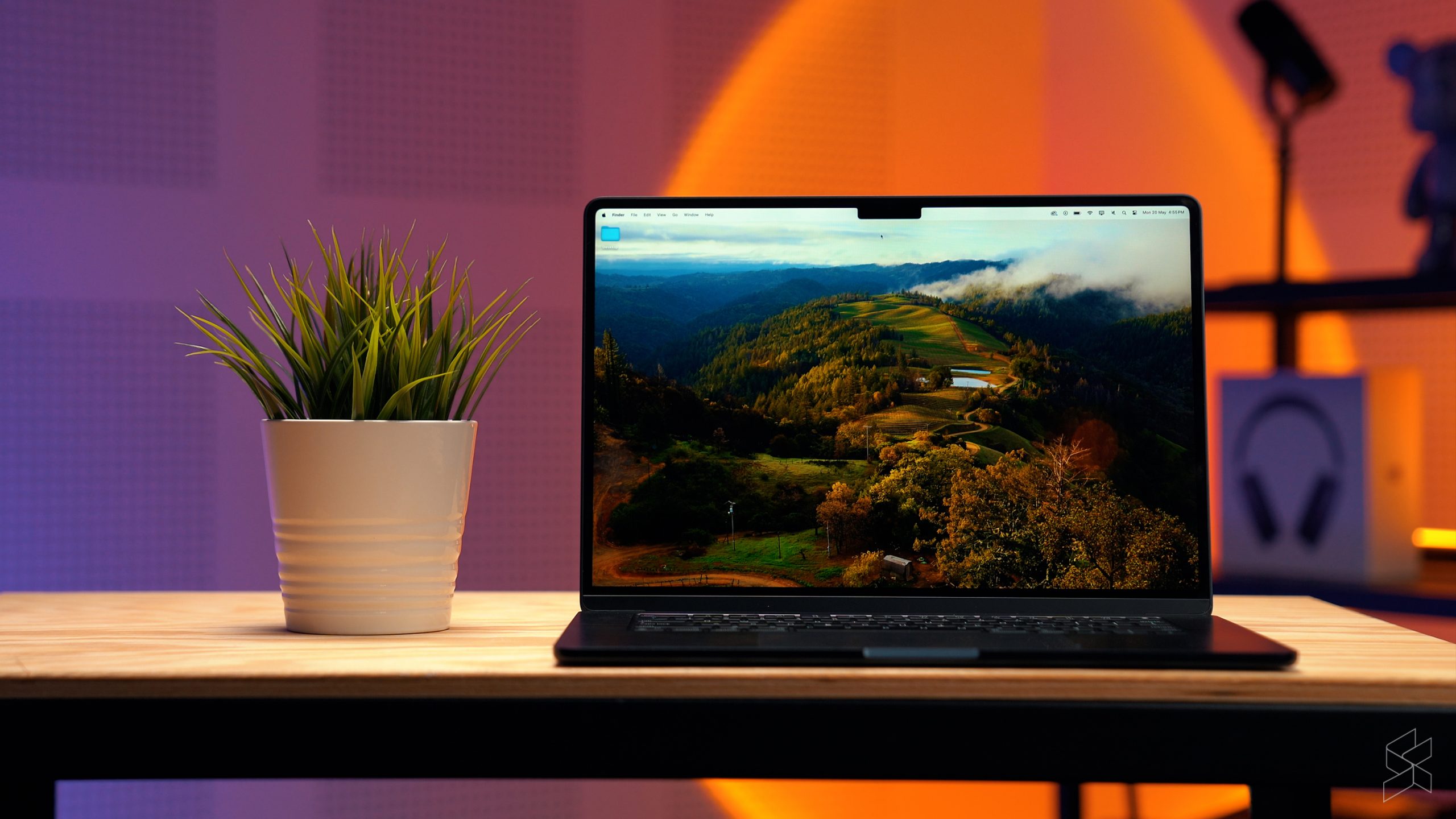
Personally, I quite love the display and the only real thing I wish it had was a higher refresh rate. Adding ProMotion to this could’ve honestly made it just phenomenal for work especially if you’re swiping around constantly between multiple spaces on MacOS. But as is always the case with Apple even on their iPhones, only their Pro-tier products get Pro-motion.
Oh, and before I forget, another nice-to-have is that the M3 MacBook Air now supports up to two external displays—as long as the laptop lid is closed that is. It’s a nice addition especially if you use the same laptop for both on the go and docked at home in a desktop setup.
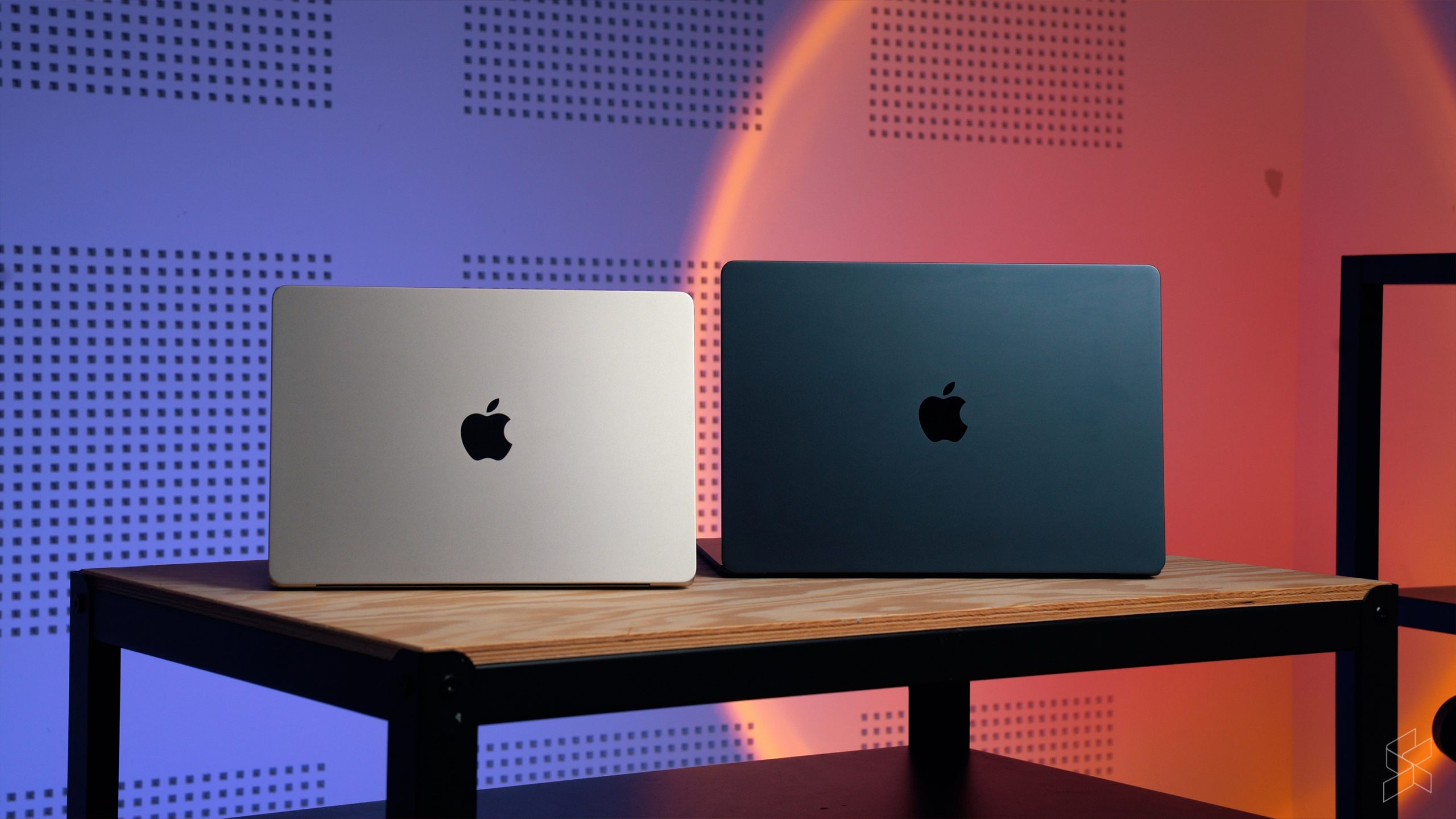
As for what you lose going from the 13-inch MacBook Air to the 15-incher, honestly not much. I mean, it’s only two millimeters thicker so you’re not really going to notice anything different there. It It’s definitely longer, gaining almost four centimeters in body length and it’s also like what, 300 grams heavier? I mean it’s still lighter than the 14-inch MacBook Pro, so it’s not really a huge trade off to make, especially if you want a large screen MacBook without wanting to fork out or even just carry around the hefty 16-inch MacBook Pro.
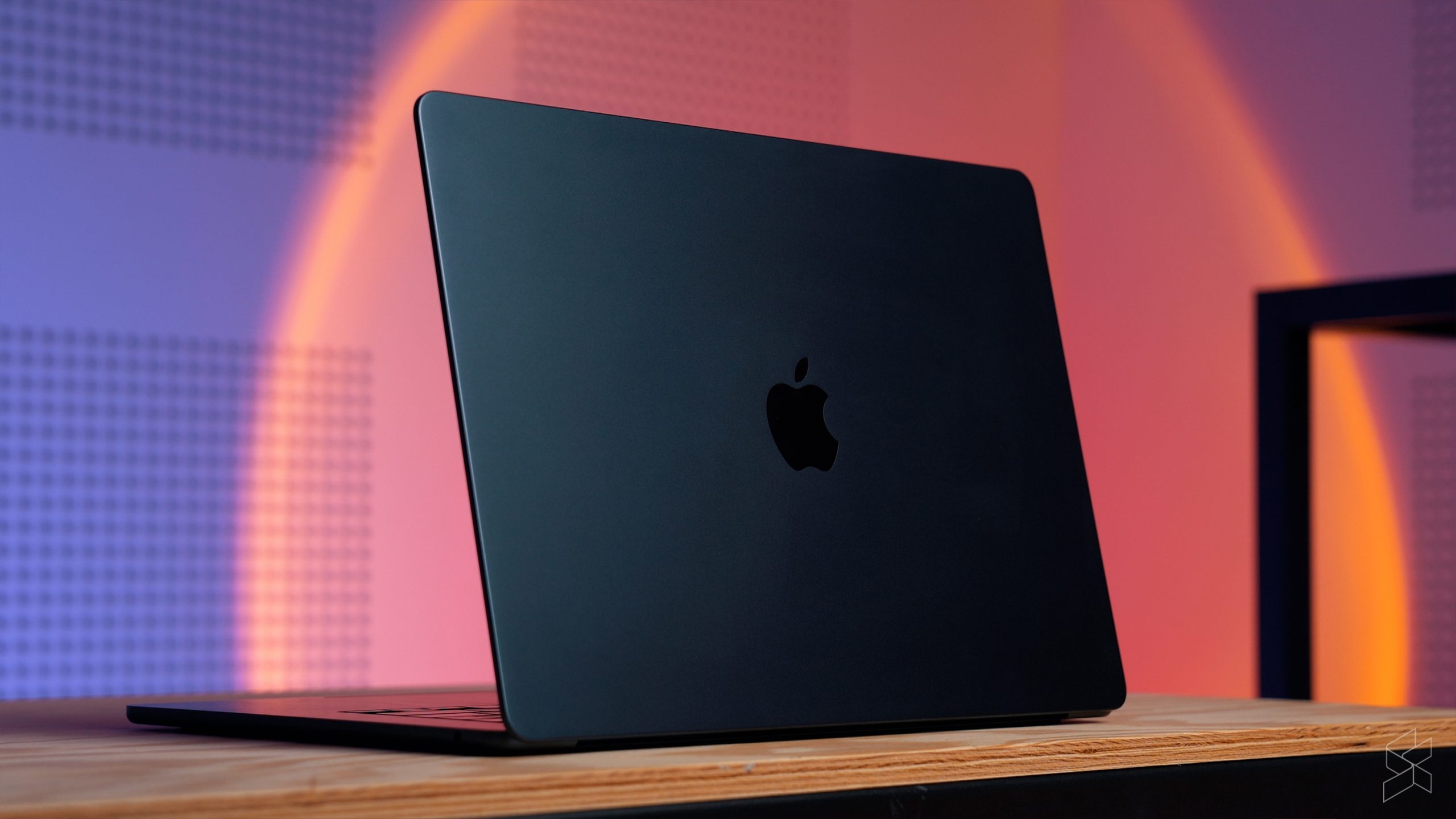
Also, if you don’t like washing your hands, then congratulations! The 15-inch Macbook Air in Midnight has a breakthrough anodisation seal to help reduce fingerprints on the chassis, similar to the recent MacBook Pro powered by the M3 family of chips. And as always, you can expect great build quality with practically no deck flex and a very sturdy hinge to go along with it.
Long lasting performance, just as expected
Moving on to performance, the new MacBook Air of course comes with the Apple M3 chip, which has an 8 core CPU split between four performance cores and four efficiency cores along with a 10-core GPU and a 16-core neural engine. If we’re going to be honest though, no one buys a MacBook Air for raw performance, but we did some some numbers on it which you can see here.

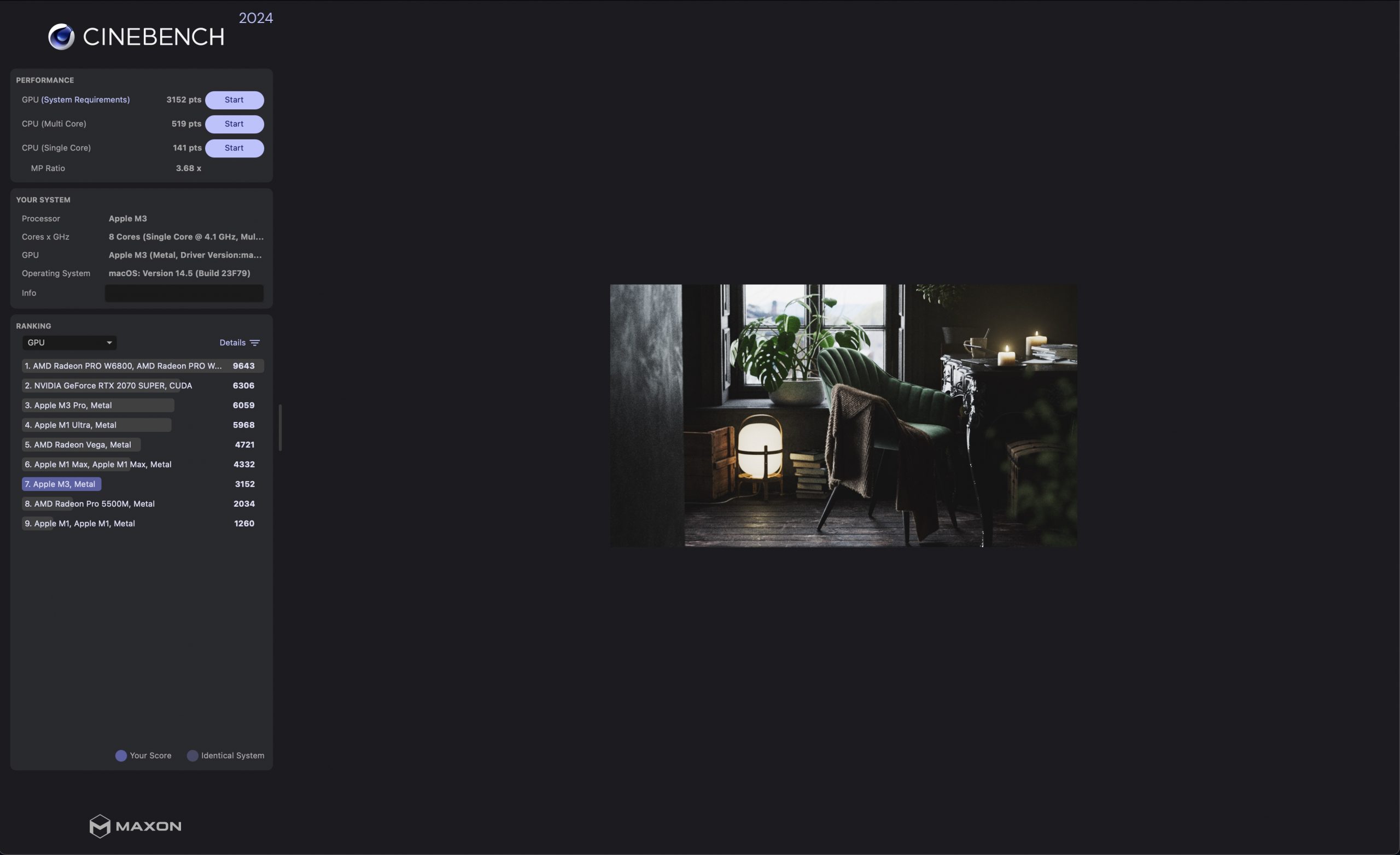
It unsurprisingly did worse than the M3 Pro which features more cores, but actually managed to outperform its Pro-grade stablemate that we tested earlier this year in Cinebench 2024 single core by a full point! Okay, okay, for a more fair comparison, the M3 that we tested ended up about 18% faster in single core benchmarks, which is actually slightly more than the 15% Apple touted.
That being said though, if you were already on an Apple Silicon-powered MacBook Air, chances are you won’t really notice a huge jump in performance, and I don’t mean that as a slight against M3 not at all. Rather, it’s more of a compliment to how good Apple Silicon has been over the years. If you’re on an M2 MacBook Air for instance it’s practically no difference in day-to-day workloads—I was able to get on with my job just fine with the usual 20 to 40 Google Chrome tabs and multiple Adobe Photoshop projects along with plenty of other stuff like Spotify and Discord in the background just fine.
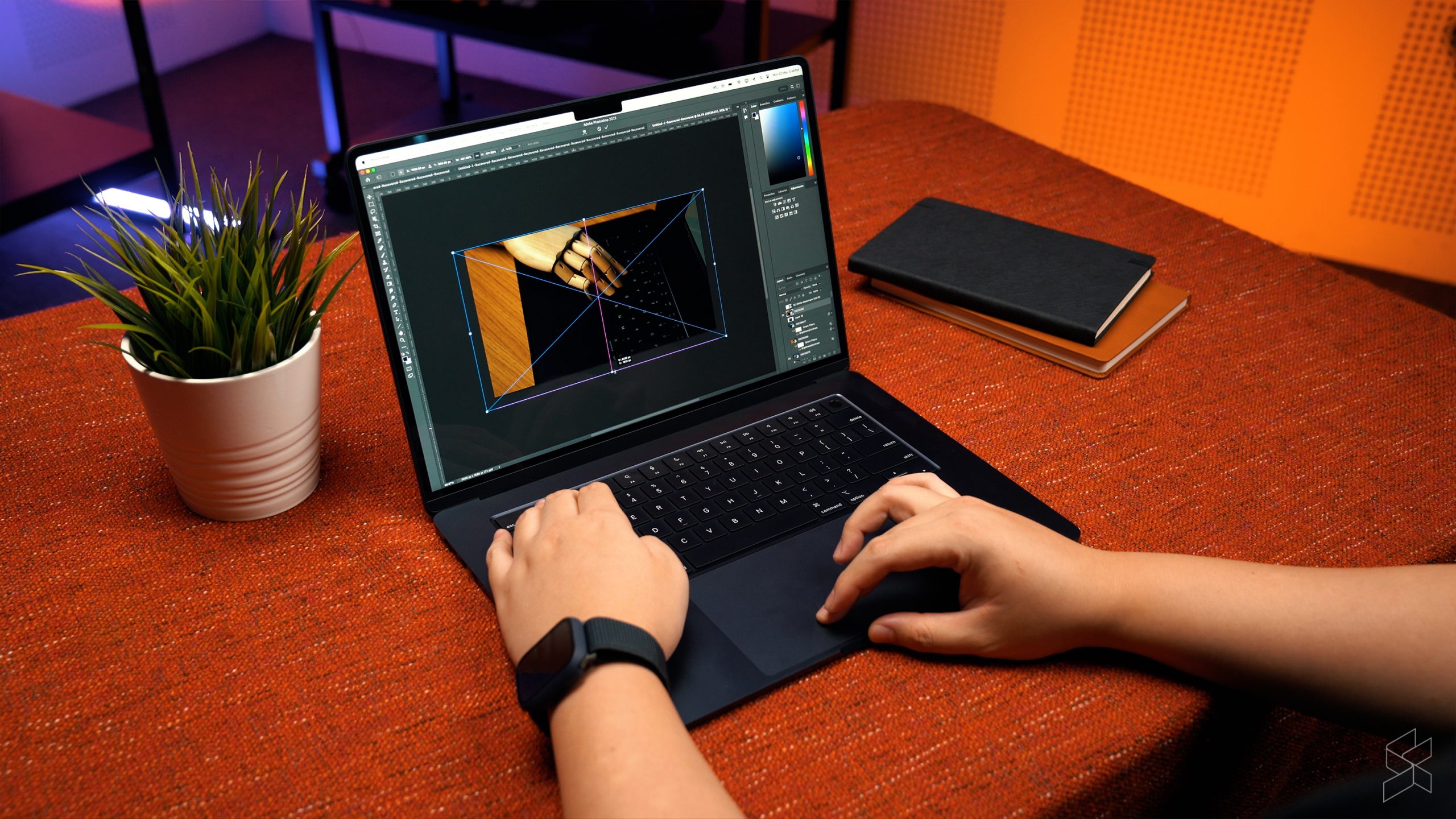
If you were coming from the MacBook Pro on the other hand like I just did then yes, it’ll feel a tiny bit less responsive, not helped by the fact that this is a 60Hz display. The one game that I play quite a lot on Mac would be Football Manager 2024. It’s not exactly a triple-A resource intensive game but having played it on all of the MacBooks I’ve daily driven in the past couple of years, I have to say that the performance is much better on the MacBook Pro thanks to its active cooling; the 15-inch MacBook Air ran the game just fine, but the longer I played continuously the hotter the bottom of the laptop and frame drops began happening more and more often.
Again though, I wanna reiterate that you’re not buying this for performance or for gaming. In fact there’s a good chance that you’re considering a MacBook Air for its battery life, which is again absolutely top tier. You know how sometimes people say that once you’ve seen a magic trick, the next time you see it again it’s not as amazing? Not in this case; just like the M2 MacBook Air and the M3 Pro MacBook Pro I had before this, the 15-inch MacBook Air sips power in day-to-day use. This meant I was basically able to go through an entire day at work without ever needing to reach for a charger if I started the day at or close to 100%.
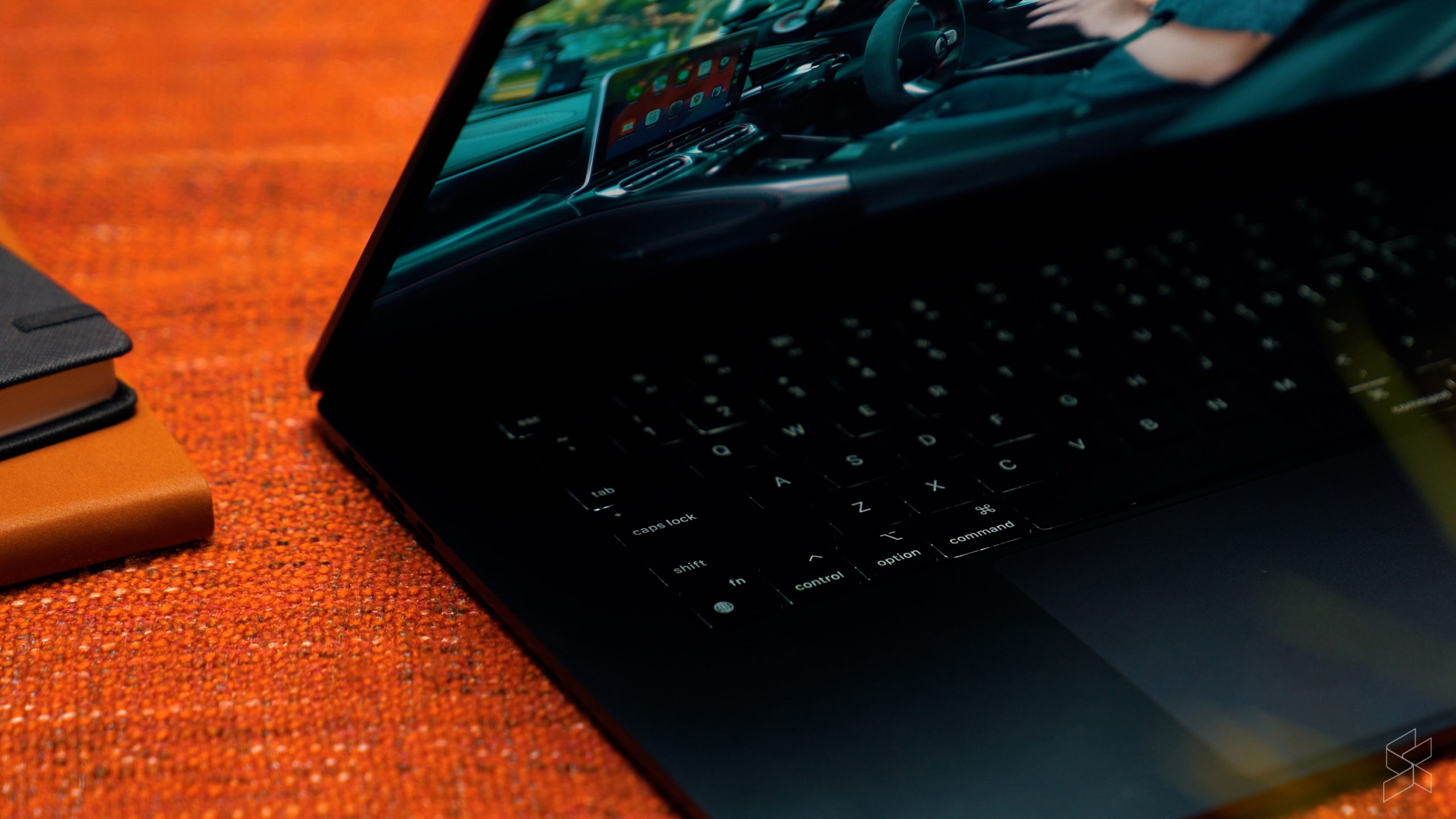
It wasn’t all plain sailing with the MacBook Air though. I still definitely miss having more I/O available to me, and if you’re in the creative industry you’ll certainly appreciate the full sized SD card reader on the MacBook Pro. And of course, if you preferred operating system of choice happens to be Windows or some flavour of Linux then you wouldn’t really be bothered with a Mac in the first place.
But for those who do want to use a MacBook—you know, maybe you’re already on iPhone or you’re upgrading from an older Intel-based Mac, then the new M3 MacBook Air looks like it could be quite a decent option right, especially if you’d like a larger display too?
Its pricing makes no sense
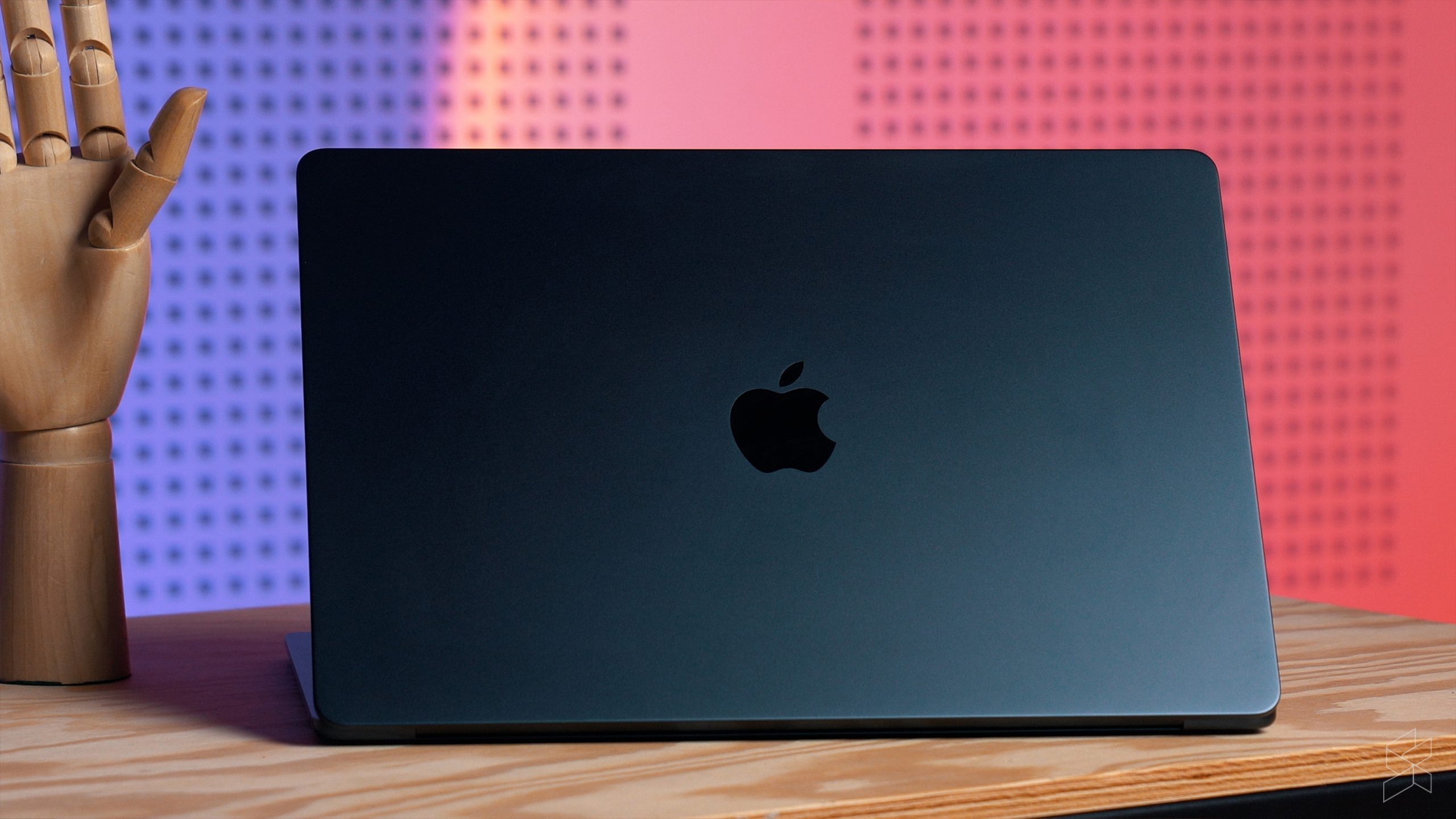
The problem then, is that the 15-inch MacBook Air is just way too expensive.
In fact, the 15-inch MacBook Air M3 starts at RM6,199 for the base option with 8GB of memory and 256GB of storage. But you’re not really going to buy a laptop with 8GB of memory and 256GB of storage in 2024 right? The model we got with 16GB of memory and 512GB of storage then will set you back a hefty RM7,799.
That means that this very laptop costs MORE than what the 14-inch base model MacBook pro M3 costs, and if you match it in terms of memory and storage, the 14-inch MacBook Pro M3 with 16GB of memory and 512GB of storage would be just RM500 more than the MacBook Air that we have here.
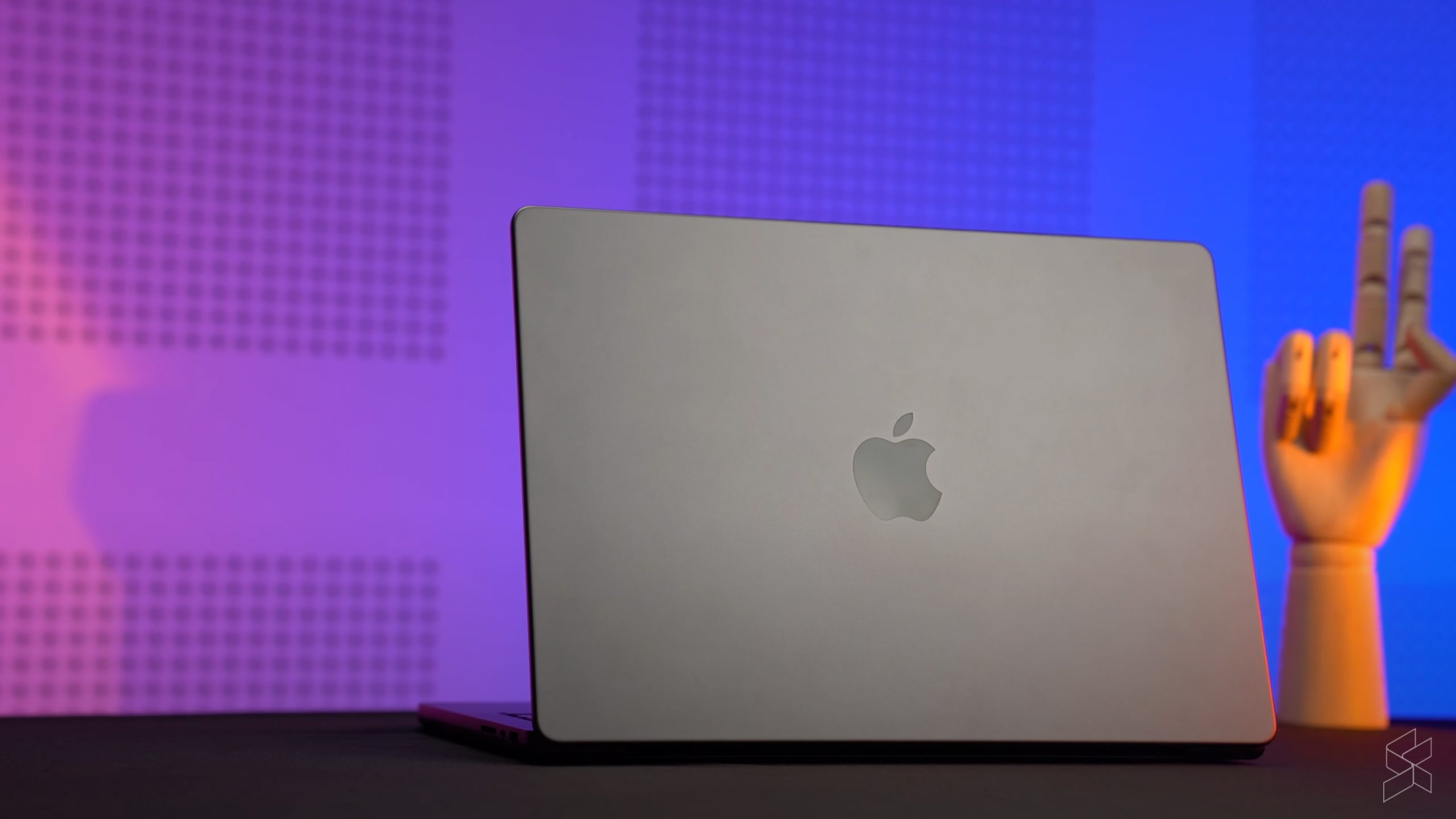
What does that extra RM500 get you then? Well you lose a little bit of screen size sure by going down to a 14.2-inch display, but that’s a Liquid Retina XDR display that’s not only a higher resolution but much brighter too and has the ProMotion 120Hz adaptive refresh rate. You’ll also find slightly better speakers, a longer rated battery life, significantly better I/O with HDMI and an SD card slot, and while it’s the same Apple M3 chip, there’s active cooling too for better sustained loads.
Now I’m not saying that the 15-inch MacBook Air M3 is a bad laptop, far from it in fact. This is a yet another brilliantly built laptop from Apple. The only issue is its pricing, because while it starts at over a grand less than the 14-inch MacBook Pro’s starting price, once you add in some upgrades to memory and storage you end up with a laptop that’s just way too expensive to justify anymore especially when you can get the same chip in the M3 MacBook Pro.
The 13-inch MacBook Air starts much cheaper of course, and you can even get it with M2 for less. But the 15-inch MacBook Air is just stuck in this weird position of being a great laptop with a not-so-great price.

